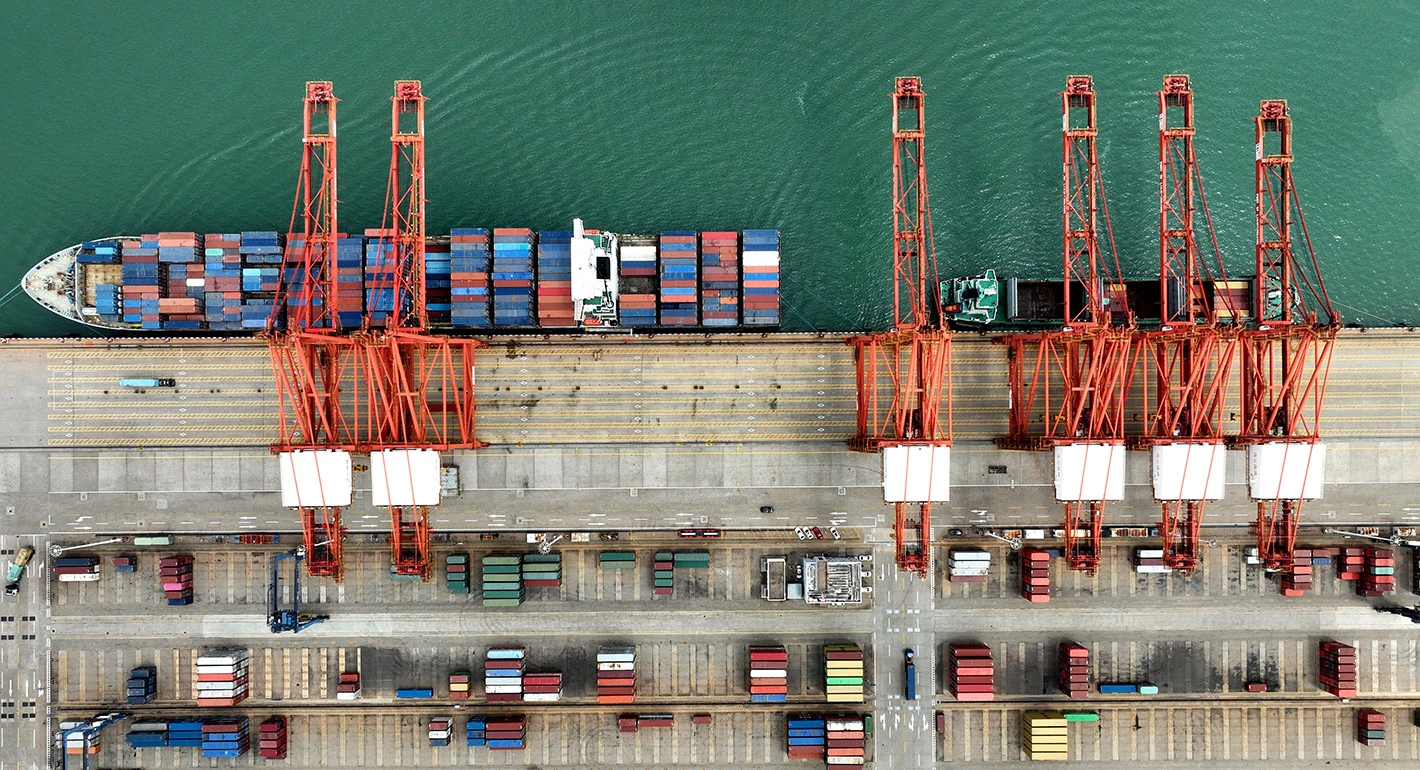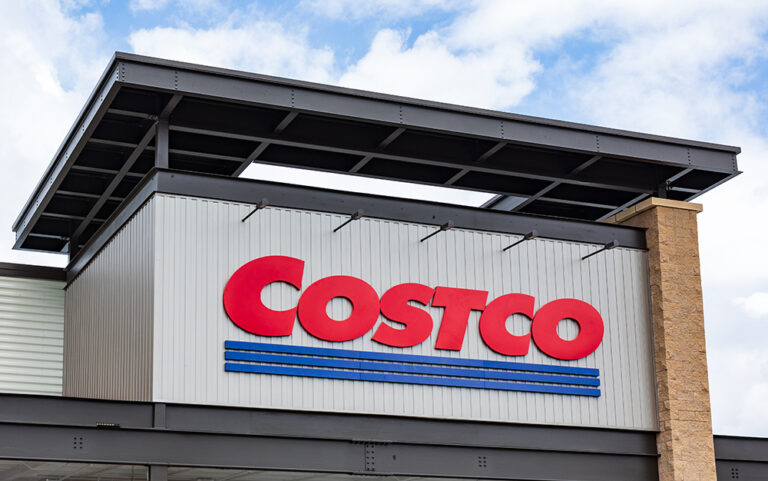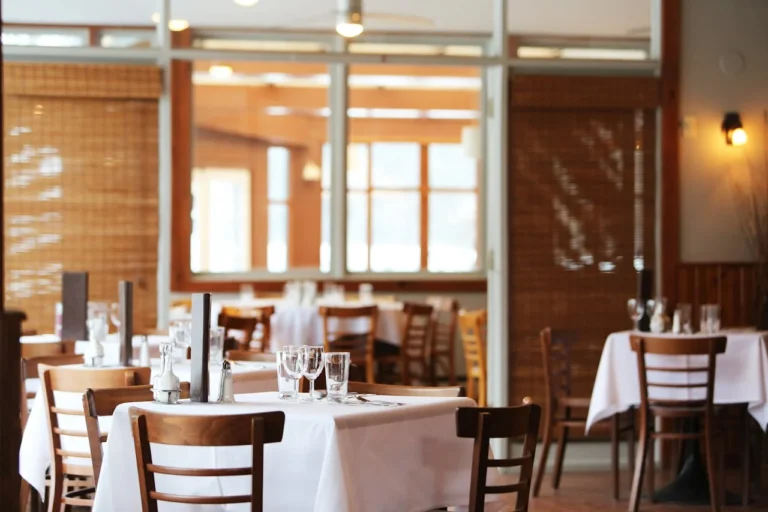With former President Donald Trump proposing higher tariffs if he returns to office, small businesses selling everything from bicycles to beer are apprehensive about potential cost increases that would ultimately be passed on to consumers.
Chris Smith, co-founder of Virginia Beer Co. in Williamsburg, recalls the moment he noticed a 5.5% surcharge on a statement from a U.S. supplier of tap handles made in China. This fee first appeared in September 2019, following Trump’s imposition of 25% tariffs on steel, and it has persisted ever since. Smith spends between $15,000 and $20,000 annually on these tap handles, with around $1,000 going toward tariff costs. He sells the handles to distributors, who then mark up the prices to cover the added expenses.
“The beer business is particularly low-margin and high-volume,” he explains, noting that as a smaller operation, his sales volumes cannot compete with larger companies. In contrast, Constellation Brands, which imports Corona and Modelo and recently reported $3 billion in quarterly revenue, has downplayed concerns about new tariffs, claiming they thrived during Trump’s presidency. However, Smith asserts that small businesses have little flexibility: “Any increase in our input costs absolutely affects our profitability.”
Since 2018, small businesses have faced tariffs on billions of dollars worth of goods, primarily from China, initiated by Trump. The Biden administration has largely maintained these tariffs and even introduced new ones in May, although experts consider these to be mostly symbolic in a green-tech dispute. The Tax Foundation estimates that tariffs under both administrations have already cost Americans $79 billion.
While consumers may not have felt a significant impact from tariffs, except for a few specific products, small business owners have directly felt the effects. Erica York, a senior economist at the Tax Foundation, states, “If you were a business owner and your supply of something from China was directly impacted, then you definitely noticed.”
Larger U.S. companies affected by tariffs have often adjusted their supply chains or absorbed costs. Bigger firms possess more flexibility in sourcing and negotiating terms, while small businesses struggle to shoulder these additional expenses. Jonathan Gold, vice president of supply chain and customs policy at the National Retail Federation, emphasizes that smaller businesses often have to pass these costs on to consumers.
The U.S. Chamber of Commerce estimates that the nation’s approximately 33 million small businesses employ nearly half of the workforce and contribute over 43% of the GDP. Gold notes that these firms bear a disproportionate burden of tariffs, which forces them to increase prices for consumers.
Ryan Zagata, founder of Brooklyn Bicycle Co. in New York City, is facing similar challenges. He estimates that 95% of the components needed to build a bicycle are manufactured overseas. After the Trump tariffs took effect, he raised prices by 18% to 22%, and anticipates needing to increase them further if Trump implements his proposed 20% blanket tariff on all imports.
In addition to this blanket tariff, Trump has also proposed a 60% duty on goods from China, a 100% tariff on countries that abandon the dollar as a common trade currency, and a staggering 2,000% tariff on vehicles manufactured in Mexico. Felix Tintelnot, an international trade economist at Duke University, describes the current and proposed tariffs as “pretty extreme” by historical standards, indicating that recent levels have not been seen in the past 75 years.
The collective impact of Trump’s proposed tariffs could be “magnitudes larger” than those previously enacted and could disrupt the way businesses manage their supply chains. York warns that more severe tariffs could deter investment and provoke retaliatory measures from other countries, including U.S. allies like Germany.
Economists largely oppose Trump’s tariff proposals, arguing that the primary outcome would be increased costs for consumers. A recent joint letter from nearly two dozen Nobel laureates cautioned that Trump’s plans for high tariffs, even on goods from allies, along with tax cuts for corporations, would lead to higher prices, larger deficits, and increased inequality.
Nichole MacDonald, an entrepreneur based in San Diego, has seen her profit margins shrink due to rising material and freight costs compounded by tariffs. Her patented Sash Bag, primarily manufactured in China before the tariffs, experienced a 25% price increase as a result. While she has shifted some production to India, she has largely absorbed the cost increases herself, worrying that further price hikes could alienate her loyal customer base.
MacDonald expressed frustration with policymakers who are out of touch with the realities facing small businesses. She noted her disappointment that the Biden administration hasn’t addressed these tariff issues more directly, stating, “I would have voted for Kamala Harris anyway, but I also wish the Biden administration would address this.”
While Vice President Kamala Harris has criticized Trump’s tariff strategy as akin to a “national sales tax,” she has not provided specific plans for existing tariffs. Her campaign did not respond to requests for comment.
Many entrepreneurs like MacDonald lack viable alternatives to overseas suppliers, yet some small businesses pride themselves on domestic production and are committed to maintaining this regardless of the election outcome. For them, “Made in America” is not only a marketing advantage but also a safeguard against potential trade conflicts.
Sara Hauman, owner of Tiny Fish Co. in Portland, Oregon, feels less concern due to her commitment to sourcing and manufacturing domestically, with only a single packaging component coming from abroad. “We will inevitably be affected by tariffs in one way or another,” she acknowledges, “but we limit our exposure by working with independent producers and manufacturers on the West Coast.”
Zagata remains realistic about the potential for new tariffs, understanding the bipartisan push for protectionism but asserting that China will not bear the cost of such measures. His company is already strategizing on how to manage potential new tariffs while maintaining quality and affordability. “We’re going to survive,” he insists. “We’ll adjust and do what we can.”
Source link






